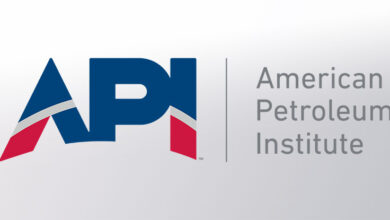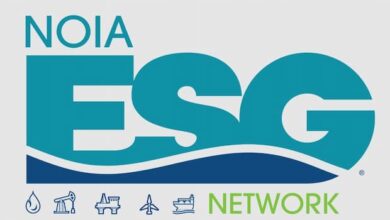Fire-resistant clothing concerns
IADC met with representatives from the Washington, DC, OSHA Directorate of Enforcement Programs on 16 August to seek clarification on the Enforcement Policy for Flame-Resistant Clothing (FRC) in Oil and Gas Drilling, Well Servicing and Production-Related Operations, issued on 19 March 2010. API, AESC, IPAA and the Mid-Continent STEPS and Permian STEPs Network were also present at the meeting.
The associations, concerned that OSHA bypassed the rulemaking process in announcing the policy, asked the agency to withdraw the policy announcement. Richard Fairfax, director of the Directorate of Enforcement Programs, declined the request but promised to discuss industry’s concerns with Dr David Michaels, assistant secretary of labor for occupational safety and health. OSHA expressed concern that the normal rulemaking process will take too long to address this issue. Industry sought a time frame for receiving a response to its concerns, but none was given. IADC is reviewing additional steps to address this issue.
STCW 2009 Convention and code
An IMO Conference of Parties, held in June 2010 in Manila, adopted major revisions to the International Convention on Standards of Training, Certification and Watchkeeping for Seafarers (STCW Convention) and its associated Code. Known as the “Manila Amendments,” it enters into force on 1 January 2012. It includes: improved measures to reduce fraudulent certificates; revised requirements on rest hours; new training requirements for modern technology; additional training requirements on marine environmental awareness; leadership and teamwork; updated competency requirements for tanker personnel; new security training requirements regarding piracy, introduction of new training methodologies; and training guidance for personnel operating in polar waters and personnel operating dynamic positioning systems.
Scrapping/transferring of vessels
The transfer of a US vessel to another registry or to a non-US citizen requires MARAD (Maritime Administration) approval under current regulations. Recently, MARAD advised that it and the Environmental Protection Agency (EPA) are negotiating a Memorandum of Understanding governing EPA’s review of any proposed transfers of ownership of US-flagged vessels, including those being sold for scrap to foreign buyers. Details of this MOU are not available, but MARAD is already applying requirements on an ad hoc basis and will likely be updating its regulations.




